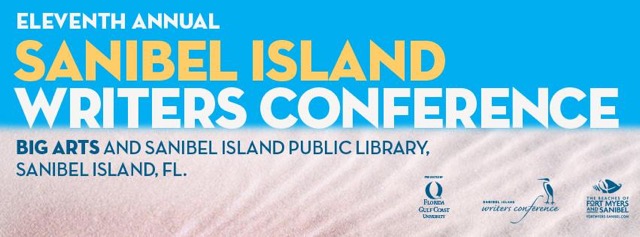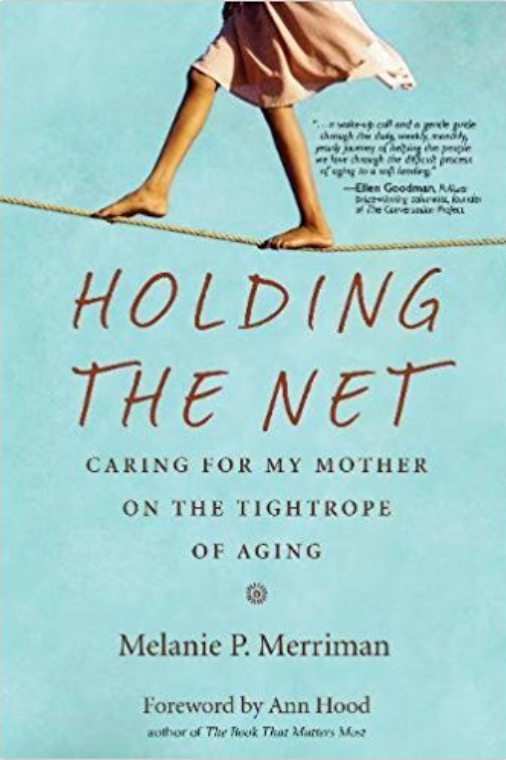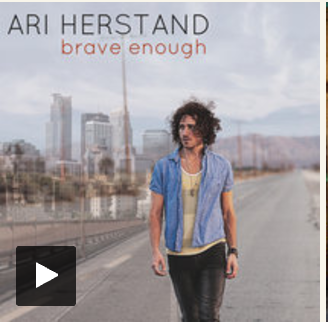By Karen Collazo
The best day and time to weigh yourself is Saturday morning. It is the official first day of the weekend, so you haven’t cheated yet, and it marks the end of a long grueling and slow-paced week where you feel like you were a ninja for hiyacking every sweet temptation that crossed your path. Morning time is key. You must weigh yourself before breakfast, but after you’ve gone to the bathroom. This is when you’re at your lightest. I weighed myself every Saturday morning, from the age of nine all the way until I was 32 years old. That’s 24 years of experience, so I know what I’m talking about.
To say that I suffer from poor body image issues, is putting it as insignificant as humanly possible. It actually feels more like I am trapped inside someone else’s fat body and I’ve been trying to claw my way out for two decades. I am really a skinny person held prisoner inside a fat suit, which the outside world mistakenly perceives as my own property. I didn’t ask for this; I inherited the curse from my mother.
In a family of three daughters, she was the tallest by a foot. Like a foreign exchange student visiting for the summer, she looks misplaced as her 6-foot frame towers over everyone in family photos, standing off to the side or behind relatives all the way in the back. Her clothes are always pretty tight and her size 12-feet are trying to bust out of their size 9 shoes. She’s curvy to boot. In the way that is super sexy right now. Hips for days with an hour glass shape. She was gorgeous, elegant and exotic against a post-Castro 1960’s black-and-white backdrop. But in her mind, she was fat.
Like any good Cuban girl, my mother loved to eat. When she moved to the US in her late 20’s, it was not only a step towards a bright future and freedom from oppression, but a key to THE food wonderland. Packaged high-fructose corn syrup goods as far as the eye can see, cuisines from all over the world and all-you-can-eat buffets! Her love of food knew no bounds and I’m lucky to have inherited her adventurous nature in that regard.
But, she was the kind of woman who hated herself for loving food as much as she did and always compared herself to other women. “Ay, yo no soy tan gorda como ella, verdad?” (Oh, I’m not as fat as her, right?), she would ask her ten and twelve-year old daughters during a random day of doing dilijencias (errands). What this taught me was that one must strive to always be better off than others. If you were not as fat as the woman sitting next to you on the bus, then you were the one that was winning. This constant sizing up of other women and comparing myself to them, continued well into my late 20’s and had a huge hand in promoting my drug addiction.
I know my mother didn’t intend to pass down this debilitating insecurity. She herself was a product of a culture where women with curves are usually nicknamed gordita (little fat girl). And if your sister is thinner than you, chances are very high that her nickname is flaca (skinny girl). And the two of you together cover the spectrum of what women in Hispanic communities can be: either fat or skinny. Nothing else matters.
My mother’s hopes for her first daughter were very simple: may she be skinny, marry rich and have a daughter worse than her so she gets a taste of what I had to put with. Growing up, she tried every tactic to help me lose weight. One summer, when I was thirteen, she decided a monetary incentive might just do the trick of motivating me to lose a few pounds. For one month, leading up to a family vacation to the Bahamas, I was given a dollar for every pound I lost. The goal was to get me to go from 125 lbs. to 100 lbs. If at the end of the month I succeeded in losing the 25 lbs. my mother promised to buy me a new wardrobe for the trip. Since I had also inherited my mother’s love for shopping and fashion, I was in! I remember her observing the scale tentatively, every Saturday morning, as I stripped down to absolutely nothing, lest my pajamas add any unnecessary heaviness. She would show her approval or disapproval of the number on the scale with one simple lift of the eyebrows, or a furrowing. I don’t recall if I got to my goal weight that summer. There have been hundreds of diets since then, that it’s hard to recollect that far in the past.
In addition to my mother’s approval, I also had to find acceptance out in the world. I’ve always had a handful of friends, but somehow found myself the target of bullying at school on a daily basis. Sometimes it was as simple as being called “fat fuck” on the bus ride home. Other times, it was as cruel as two teenage girls asking me if I was pregnant, while I waited in line at Little Caesars’ for crazy bread. I must have been all of eleven when that happened. Because of all these negative external cues, internally I wholeheartedly agreed with everyone. I was a fat fuck who looked pregnant and needed to go on a diet and get skinny. And super-fast or no boy was ever going to like me. This might sound like the silly naïve train of thought of a young girl, but it pretty much sums up how I still feel today.
When you’re old enough to start liking boys and have the freedom to socialize, you don’t want the voices in your head to get in the way of a good time. Enter drugs. Not only did coke give me the confidence I needed to go up and talk to the cute guy at the bar, but because it suppressed my appetite for the following 24 hours, it also helped me to lose weight. Cocaine was the one diet I stuck to for the longest amount of time. It, along with any upper I could get my hands on, was my Xenadrine. Remember Xenadrine diet pills? I was addicted to those too, before the FDA pulled them off the shelves back in 2001.
Yesterday, I had the privilege of hearing a fellow recovering addict with 30 years clean speak at a late-night NA meeting. Her message was eloquent, honest and relatable. Her truth was similar to mine: without drugs, she absolutely hated herself and wanted to be anybody else but who she was. This is my Mount Everest. If I can learn to be happy with my body and love myself just the way I am, drugs lose one very big reason for being in my life. The thing is I really don’t know how to achieve self-love. I intellectually understand the steps one must take, but I am up against years of ridicule, disappointment and rejection. I am a walking sponge, engorged by all my past adverse experiences, damaging encounters and bad examples. And the file titled “Reasons I Suck” just keeps getting bigger, as I go about my day every day. Because as much as we want to believe that chubby is in, acceptance of plus size women is coming at a snail’s pace. My biggest worry is that my body won’t be a trend in time for me to kick out the voices currently squatting in my head and learn to live clean before it's too late. I now understand that if I never achieve self-love, I’ll never recover.















